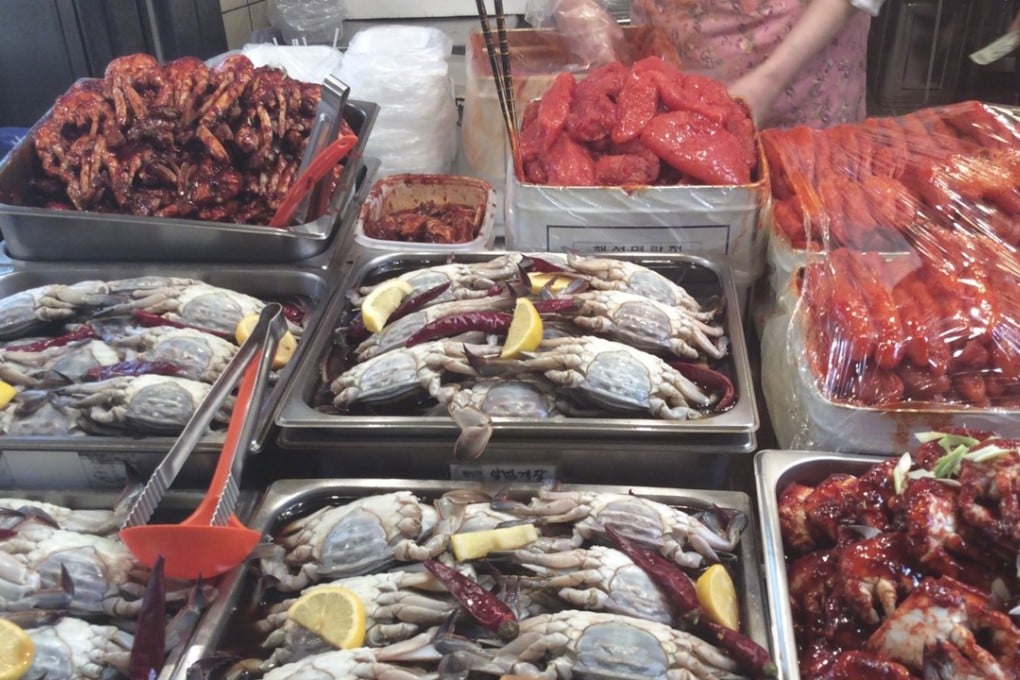Exclusive | China sanctions will cost North Korea US$1.5 billion, but won’t curb Kim’s nuclear ambitions
The sanctions on items that make up nearly 60pc of Pyongyang’s exports to Beijing are bound to hurt, but the reclusive state will adapt, experts say

China’s ban on North Korean iron, coal and seafood would bite into Pyongyang’s economy, based on calculations from Chinese customs data, but experts have questioned whether it would do anything to curb Kim Jong-un’s nuclear ambitions.
North Korea last year exported nearly US$1.5 billion in coal, iron ore, lead ore and seafood to China, or 60 per cent of total exports to the Asian giant, a major source of foreign reserves for the reclusive state.
In the first half of 2017, exports to China of the commodities totalled US$474.6 million, or 53.5 per cent of total exports.
Among the exported commodities, coal generates the most revenue for Pyongyang. In 2016, coal exports generated revenue of US$1.2 billion, far more than iron ore and seafood exports, which amassed revenue of US$74.5 million and US$192.4 million, respectively.